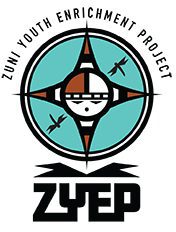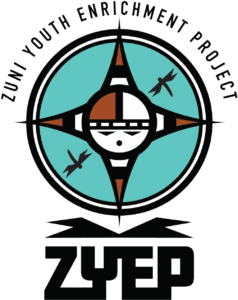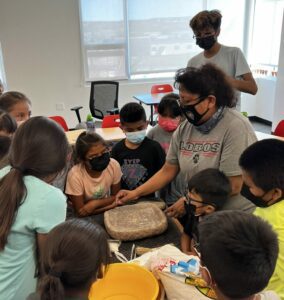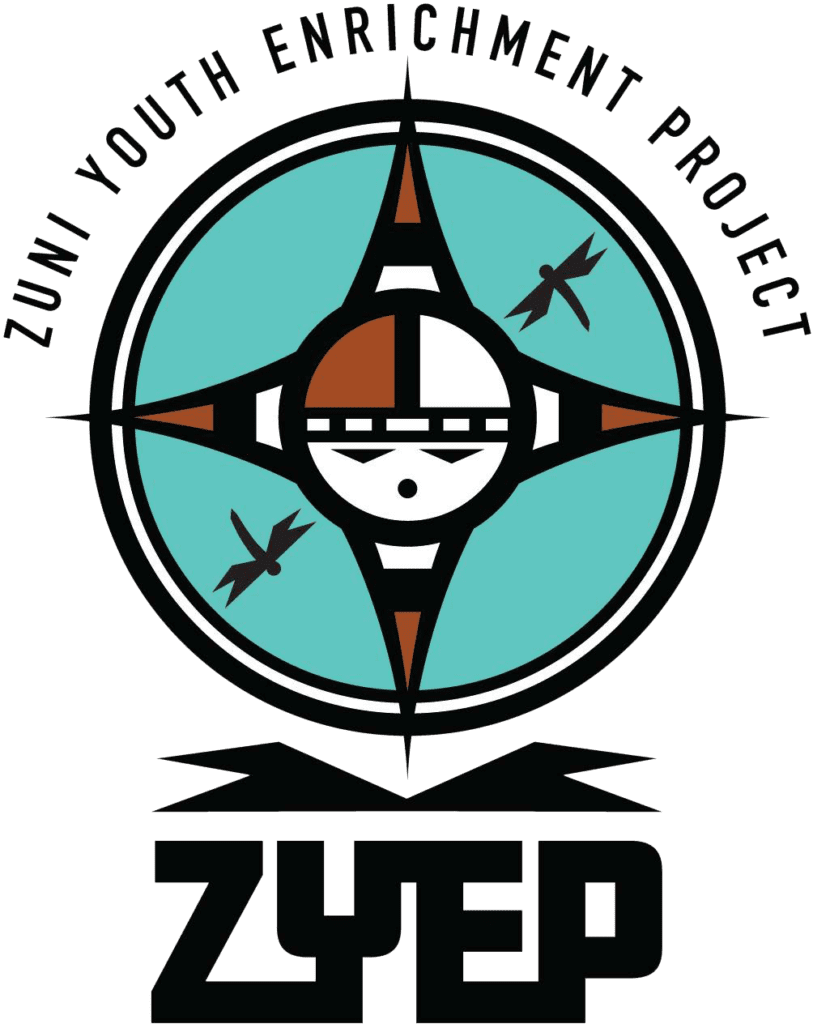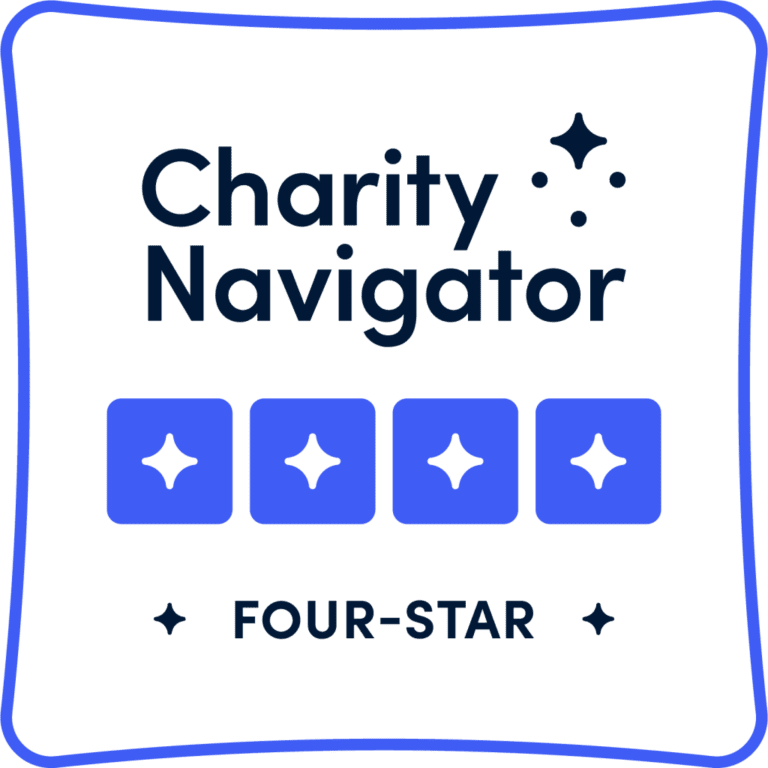Norene Lonasee still remembers her father’s guidance. As a young child, learning English was proving to be a challenge.
“My first language was Zuni, so I didn’t learn to speak English until first or second grade,” Norene recalls. “My dad told me, ‘It’s going to come to you. Just keep practicing.’ To help me learn, he bought me records and children’s stories on tape.
“We’d often be in the car, on the way to sell our turquoise and silver jewelry, and we’d listen to songs together,” she continued. “He taught me how to pronounce words, and he’d teach me new ones. After watching the nightly news or reading the paper, he would take down our globe and show me where things were happening.”
She couldn’t have imagined that, one day, her father’s words would return to her in an unexpected way.
Norene was raised in the Pueblo of Zuni, where she lived traditionally with her immediate and extended family. Yet despite being immersed in Zuni culture all her life, she says she didn’t see herself as Native.
“Disney movies influenced my thinking,” she explains, laughing. “Being Native American meant Great Plains, Iroquois, Cherokee,” she explains. “There weren’t any Pueblo Indians in the movies. I would say, ‘Mom, Dad, I want to be an Indian! And they’d say, ‘You are.’”
As she grew older, however, Norene decided she wanted to forge a new path. She asked to go to boarding school in Santa Fe.
“It was my choice,” she says. “I begged for six months. It was an adventure for me. I was looking for myself.”
Her parents eventually agreed, and she was accepted at Santa Fe Indian School to finish her high school education.
“It was eye-opening, and while I was there, I really embraced my Zuni language and culture,” Norene says. “It helped me realize that I had a lot of knowledge that my peers didn’t have. My great-grandparents were still living at more than 100 years old, and I still had my grandparents, parents and extended family as well. My great-grandfather was our family storyteller, and I would listen every winter. To my grandfathers, too. I had all this teaching, and not from school. Just from living it day to day.”
After graduation, Norene went to New Mexico State University in Las Cruces to pursue her dream of becoming a music teacher. Teaching, she explains, was something she had always wanted to do.
“Zuni is a tightly knit community, and I’d had great teachers ever since Head Start,” she says. “I remember watching the teachers interact with the students. They were my mentors and role models, and I wanted to be like them.”
Unfortunately, a Graves’ disease diagnosis cut Norene’s college journey short, and she returned home to undergo treatment and recover. To generate income, she learned to make silver jewelry, and she also produced beadwork, embroidery and painting.
“I also became a substitute teacher with Zuni Public School District, and I performed with the Zuni Pueblo Band,” she says. “I’d first gotten involved with the band when I was 12, and then I started performing with them at 13.
“First was organ, and I also play clarinet, saxophone and guitar,” she continues. “I really love clarinet, and students ask for tutoring.”
Norene always wanted to return to her education, however. She became a full-time student at the University of New Mexico in Albuquerque, and she had made arrangements to join a cultural exchange program in Peru.
Then Covid-19 pandemic hit, and the trip was off. Fortunately, her expertise was needed back at home, and she loved the work.
“ZYEP invited me to participate in the Delapna:we Project (which brings traditional oral stories to life through the performing arts) when it first started in 2018,” Norene says. “I wasn’t sure what I could offer, but before I knew it, I was helping with language education and scriptwriting, and I was interacting with the kids.”
Norene observes that a big shift has taken place since her own childhood. Fewer kids today are learning Zuni as a first language, and even if they are, English is much easier in part due to 24-7 access to news, social media and entertainment.
“The Zuni language is pushed aside,” she says. “Students don’t have the correct articulation, which hinders them. I tell them, just practice — it will come.”
Norene pauses, recognizing that her father’s words from so long ago are still relevant today. And now, they’re helping to revitalize the Zuni language.
“My dad was my strongest supporter and teacher,” she says. “I’m following in his footsteps with my teaching methods. I tell the kids, don’t rush through it. What you create is yours, and you build on that.
“Believe in it, and hold it to your heart. It will come.”
